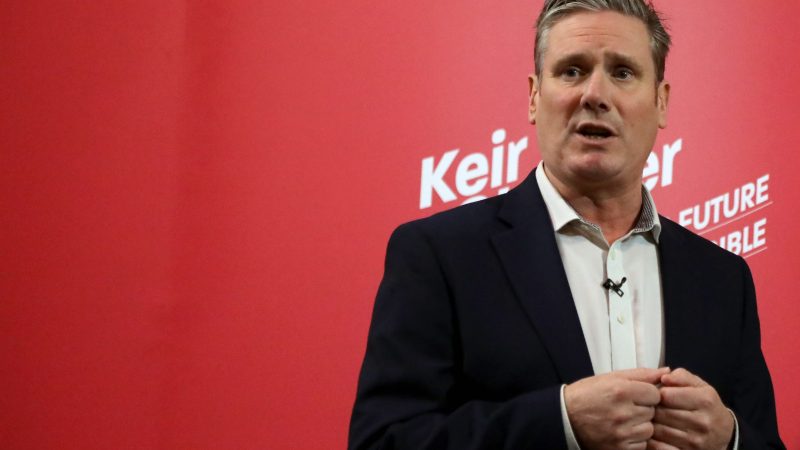
Progress is now Progressive Britain. The Labour organisation founded in 1996 to support Tony Blair’s leadership has relaunched and merged with the Policy Network think tank led by Peter Mandelson, it was announced over the weekend. This new platform will be for “critical thinking, political education and policy-making”, with think tank activity – debates and research on policy – being published under the ‘Progressive Britain Policy Network’ sub-brand. It will be dedicated to “the intellectual revitalisation of the centre-left” in the UK.
Many Corbynsceptics concluded from recent years that their various efforts needed to be consolidated for greater impact, and the new organisation is the natural conclusion of this thought. The ‘ideas’ side of things will be prioritised by Progressive Britain, while the more ‘practical’ side – organising within and for Labour, campaigning in internal and wider elections – will be channelled through ‘Labour to Win’, the Progress and Labour First umbrella group set up the day after Keir Starmer’s leadership win.
Starmer addressed the first conference of Progressive Britain yesterday, and his contributions will have pleased the event organisers as they were genuinely newsworthy. The Labour leader stressed the need to “change our party to change Britain” and made the case that “transformative, modernising change” would be brought about by an active Labour government in partnership with business leaders. He also commented on recent events in the party, admitting that the way the reshuffle was done “wasn’t the best”. “There’s no pretending the last week has been a pleasant experience,” he said drily.
The Labour leader also offered insights into how the Labour policy review will be conducted. We knew it was being chaired by Anneliese Dodds, who was moved out of the Shadow Chancellor role and handed this task. But Starmer also revealed that the review must be centred on “forward-looking ideas for the future, answering the questions of the 2020s and 2030s” and will therefore not use any previous manifestos – neither 2019 nor 2017 – as a starting point. “You don’t go through a review like this by picking up the last document,” he told the conference.
This prompted criticism from the party’s left, with John McDonnell highlighting that Starmer said during his leadership campaign: “We should treat the 2017 manifesto as our foundational document”. This is unlikely to wound the leadership; Mandelson remarked later at the conference that “the party might progress if we heard a little less from Jeremy Corbyn and John McDonnell”. It is worth noting, though, that some Starmer supporters are still annoyed by just how much his leadership campaign pitched left: there is a theory that if Jess Phillips had stayed in the race longer, challenging Starmer for votes from the party’s right, those ten pledges may have looked rather different.
There have been suggestions that Momentum will base its conference policy strategy on those pledges. Whether that will be a problem for the leader at the full-fat conference expected to take place in September depends on the political management skills of his team. Rumours of staff changes at the top are met with great interest partly for that reason. But before then, LabourList readers can take a look at the changes among parliamentarians: we revealed on Friday that Starmer had appointed the well-liked Sharon Hodgson as his parliamentary aide, replacing Carolyn Harris, and the party later unveiled the full results of Starmer’s completed frontbench reshuffle.
LabourList sends our best wishes to Wes Streeting, who has announced that he will soon be taking time off to receive cancer treatment. The whole movement is hoping for a speedy recovery.
Sign up to LabourList’s morning email for everything Labour, every weekday morning.



More from LabourList
‘The hope that kills you’: Reflections from the final day in Gorton and Denton
MPs, union leaders and organisations react to ‘bruising’ Gorton and Denton result
A gory night for Labour